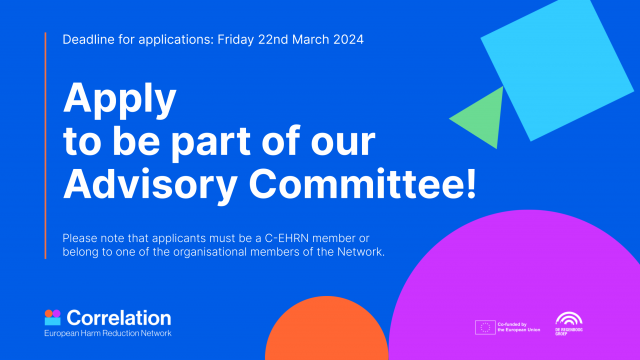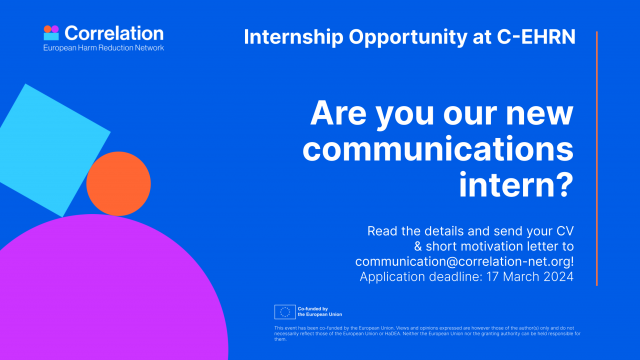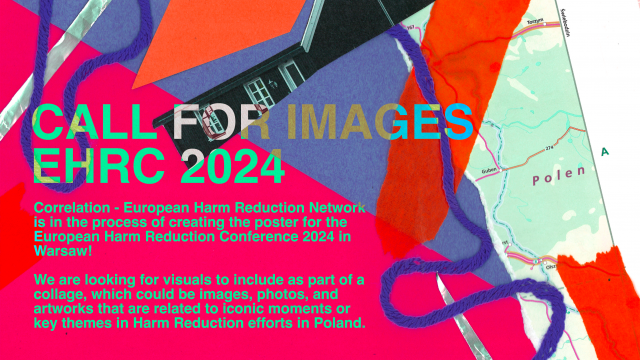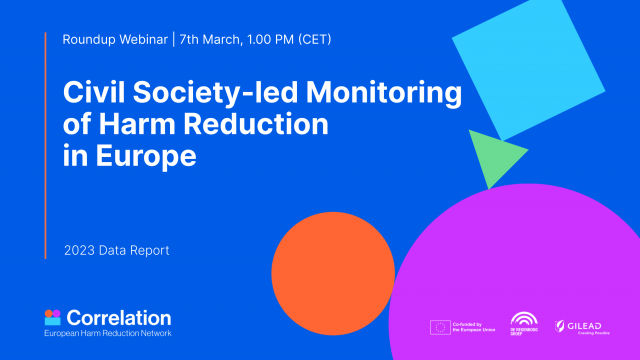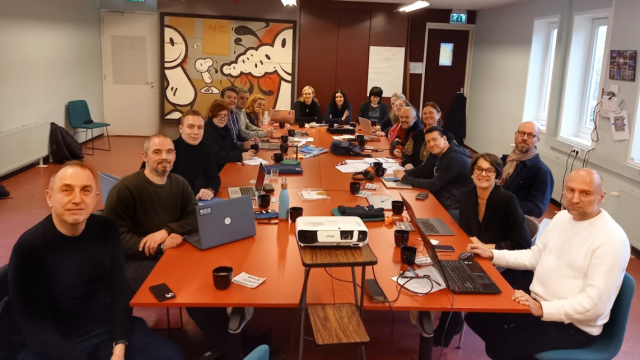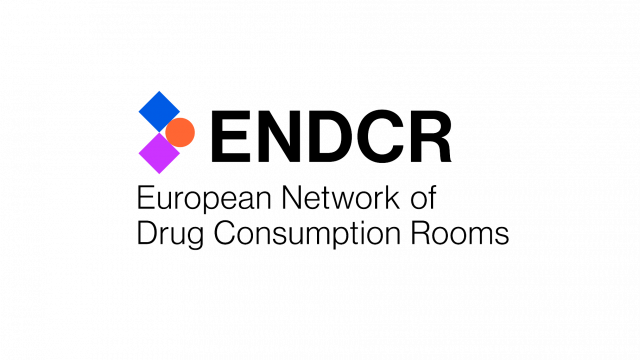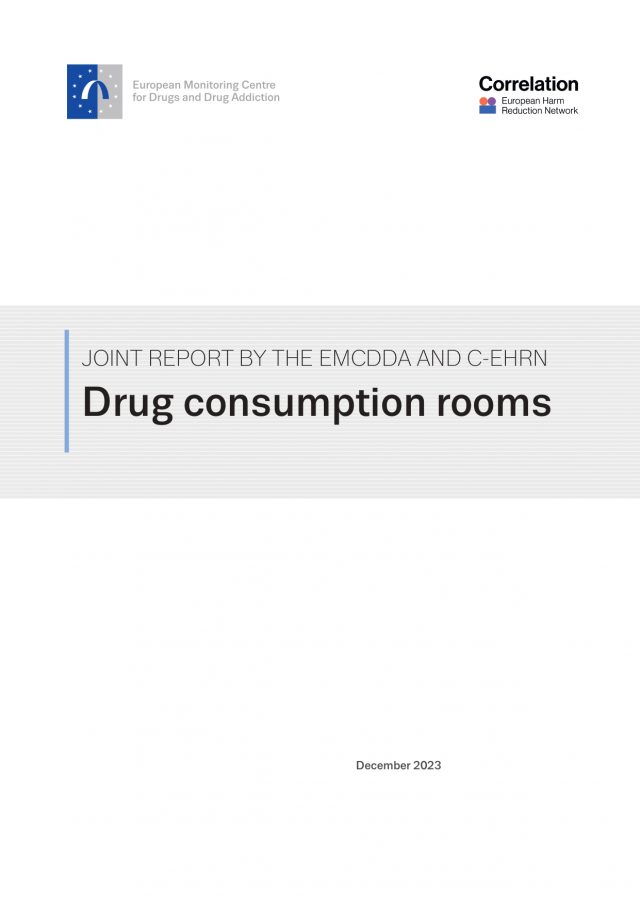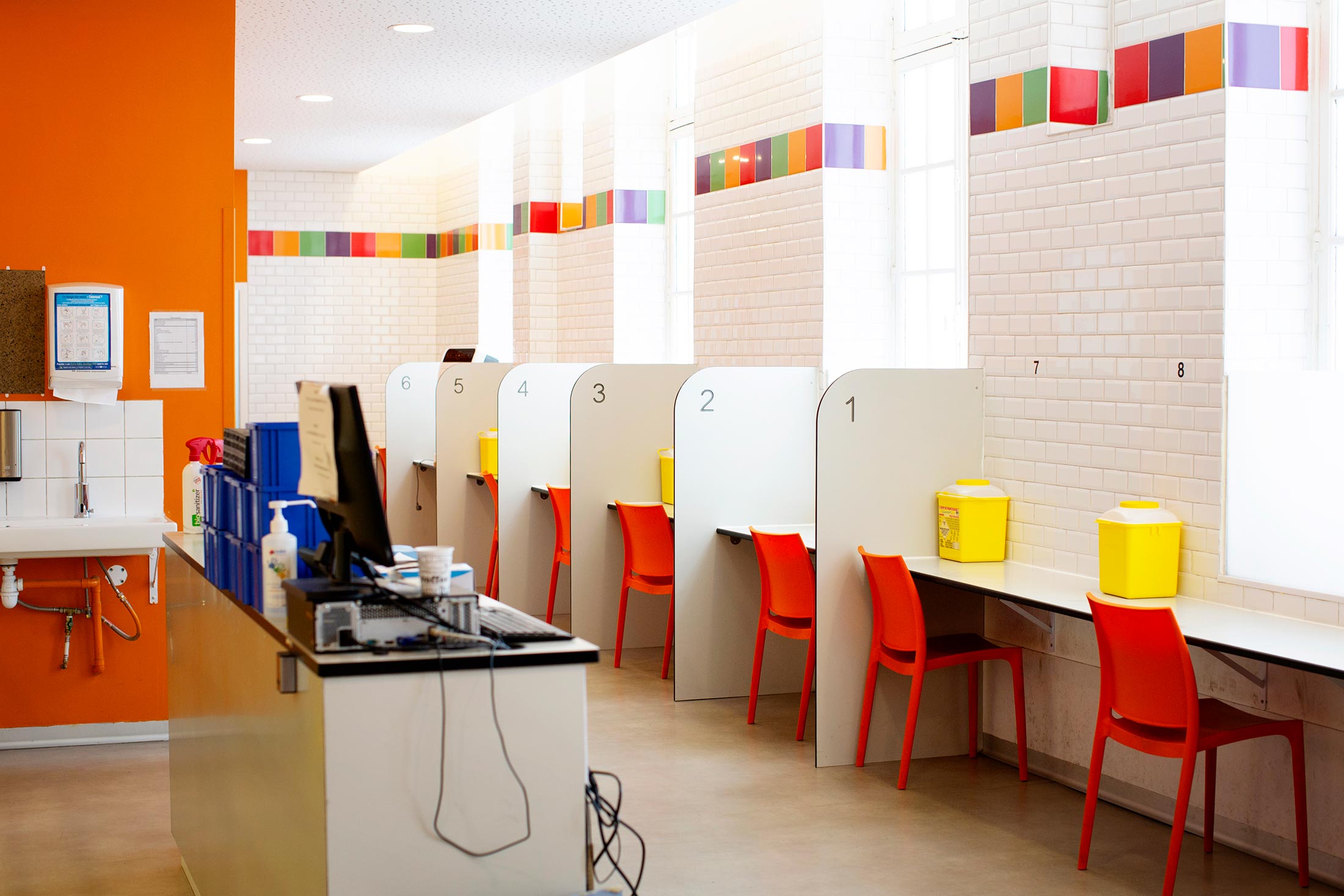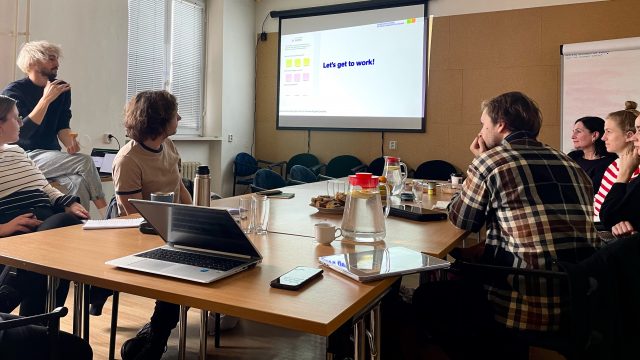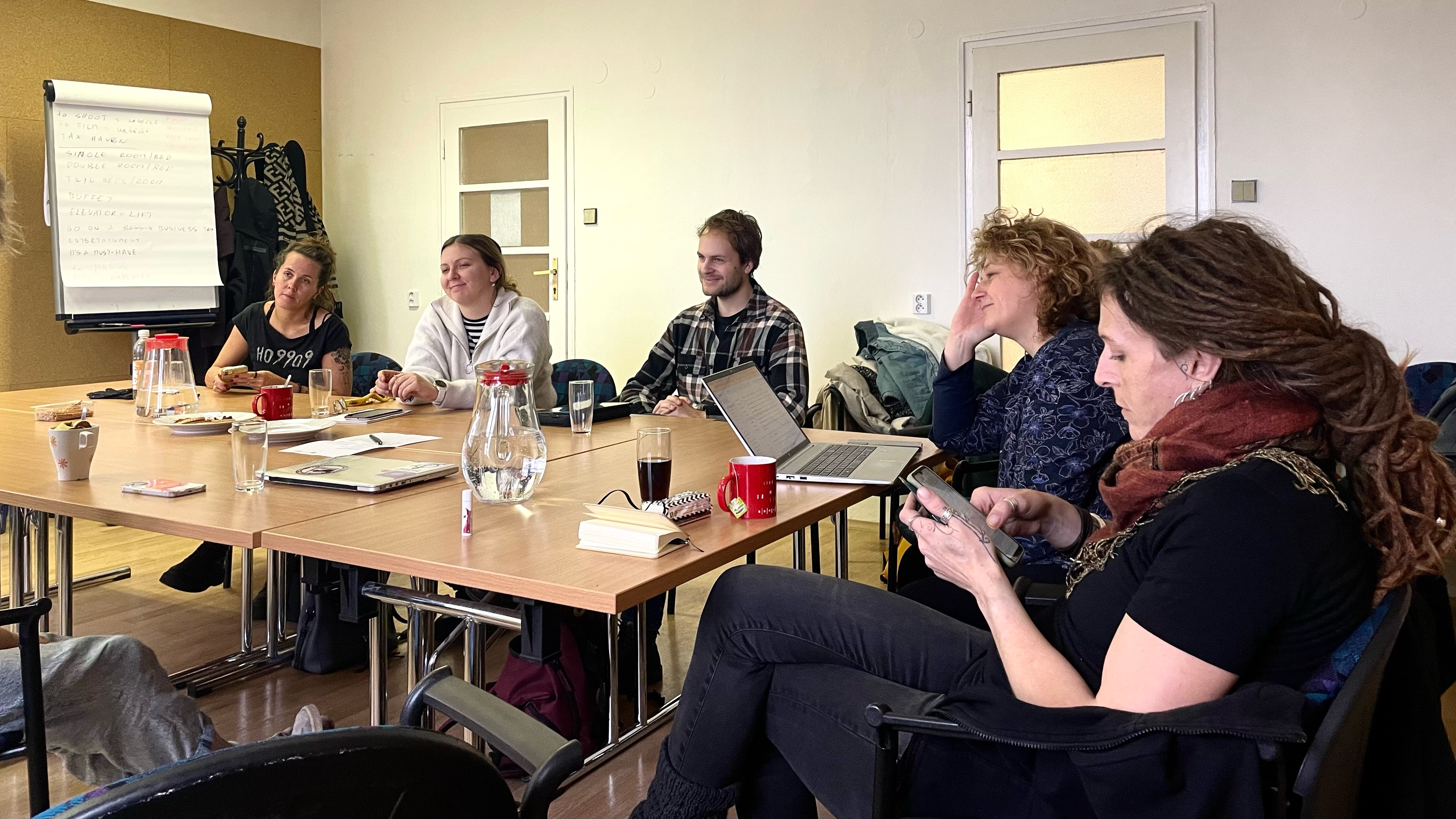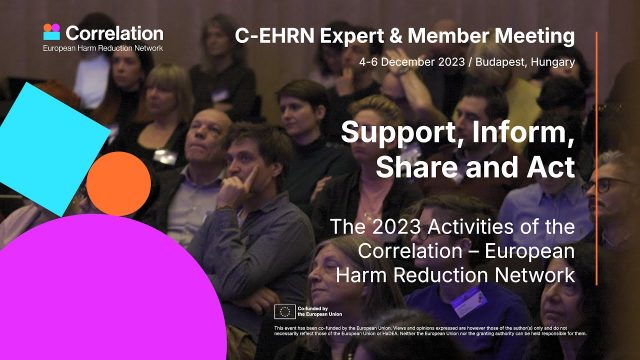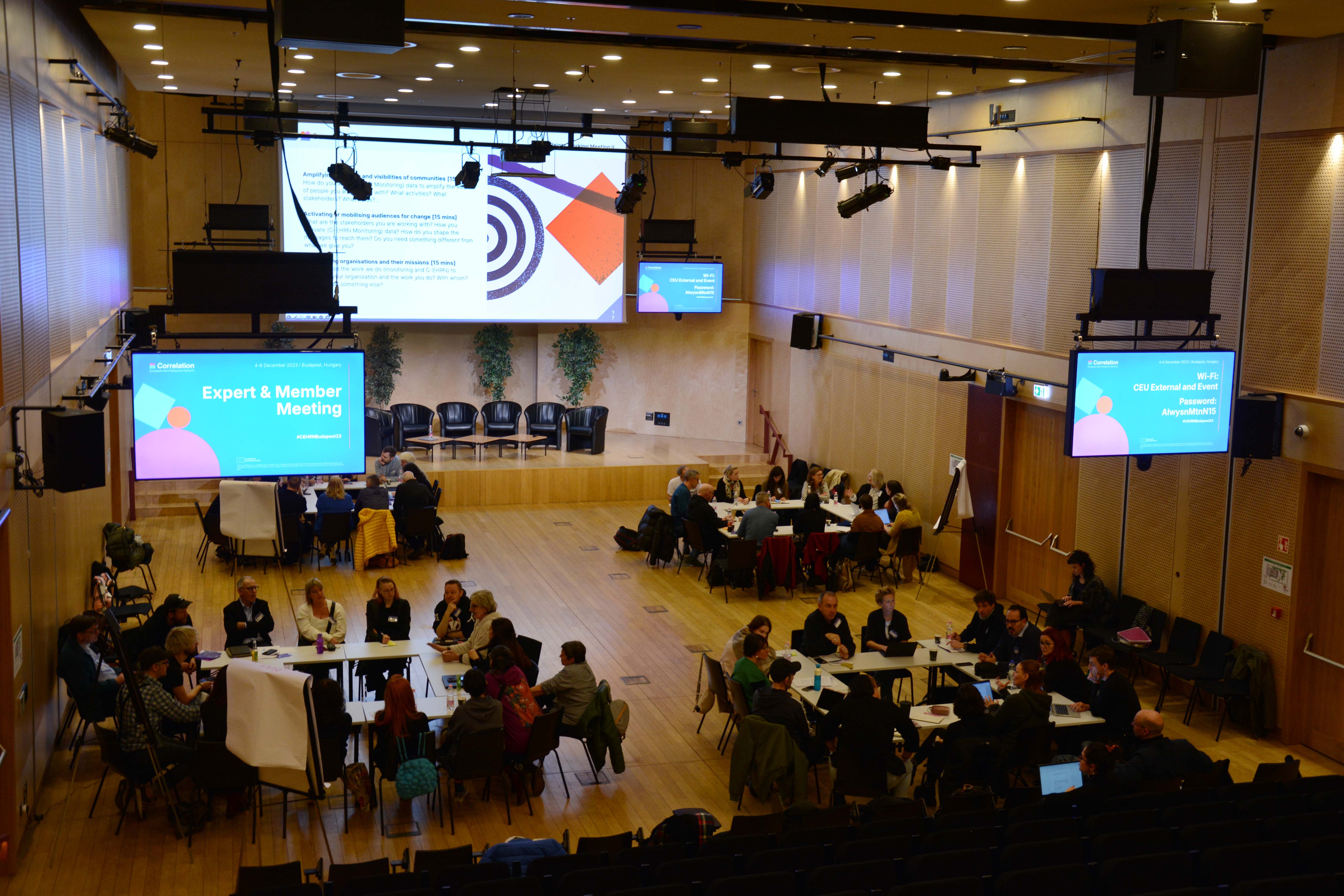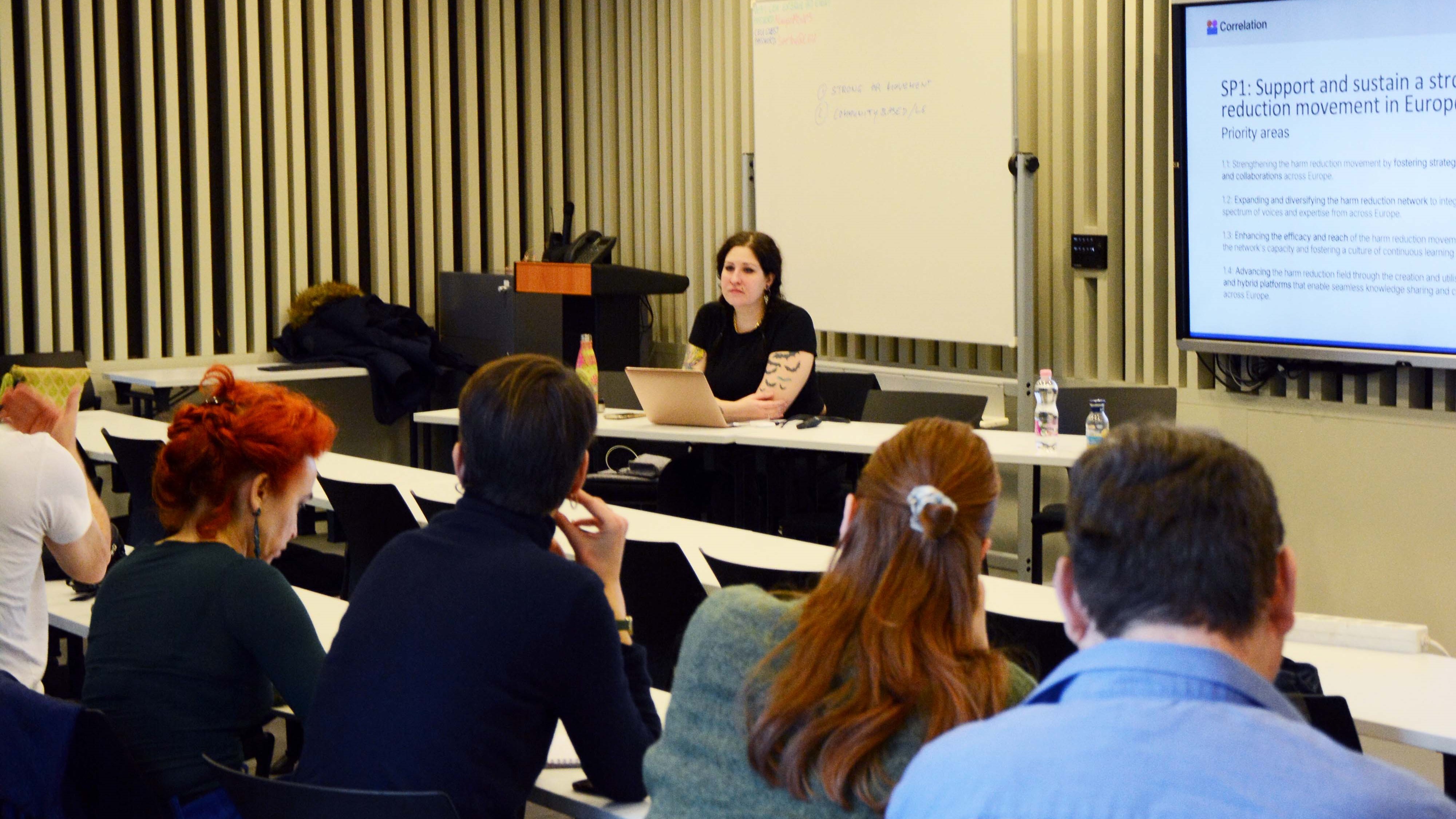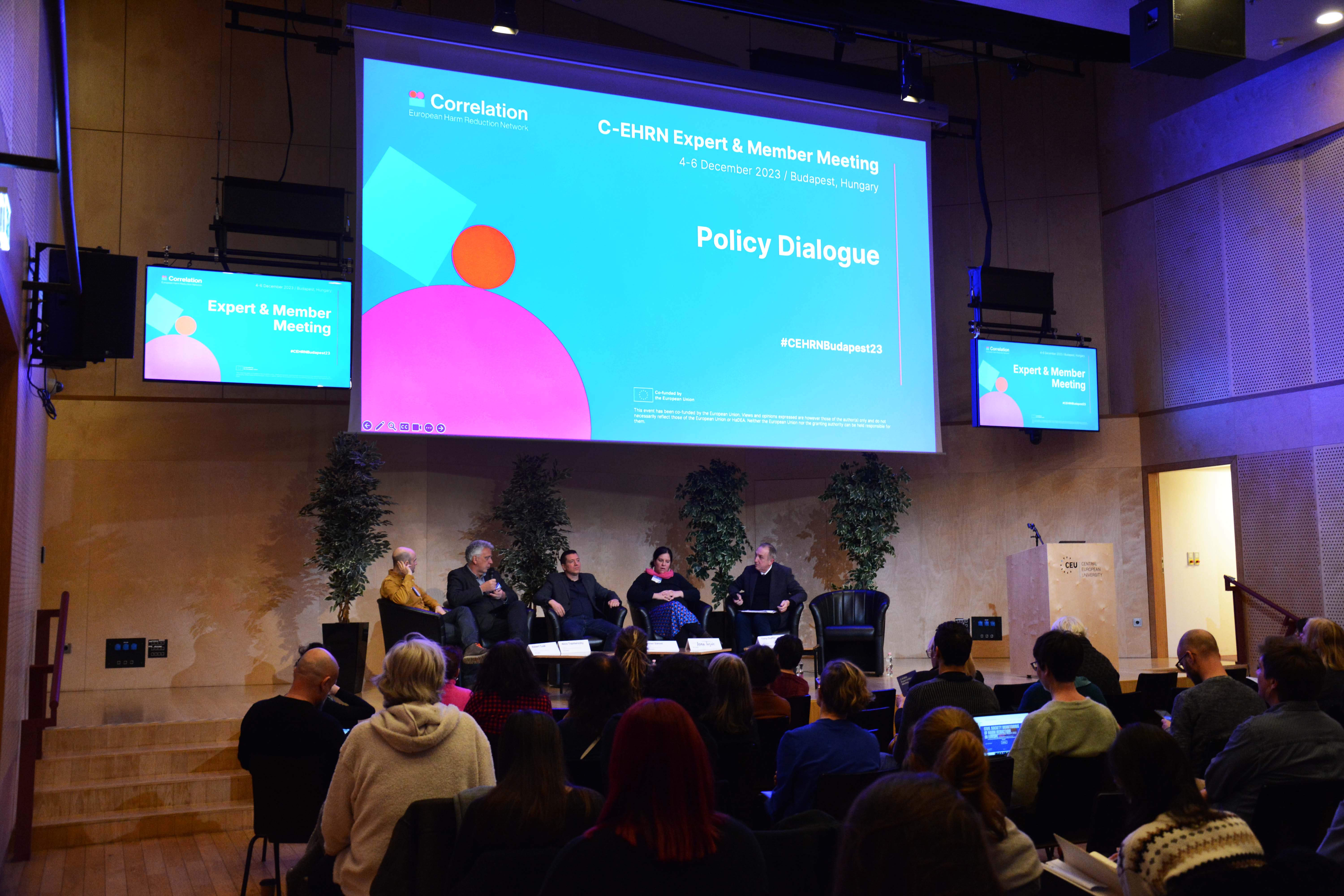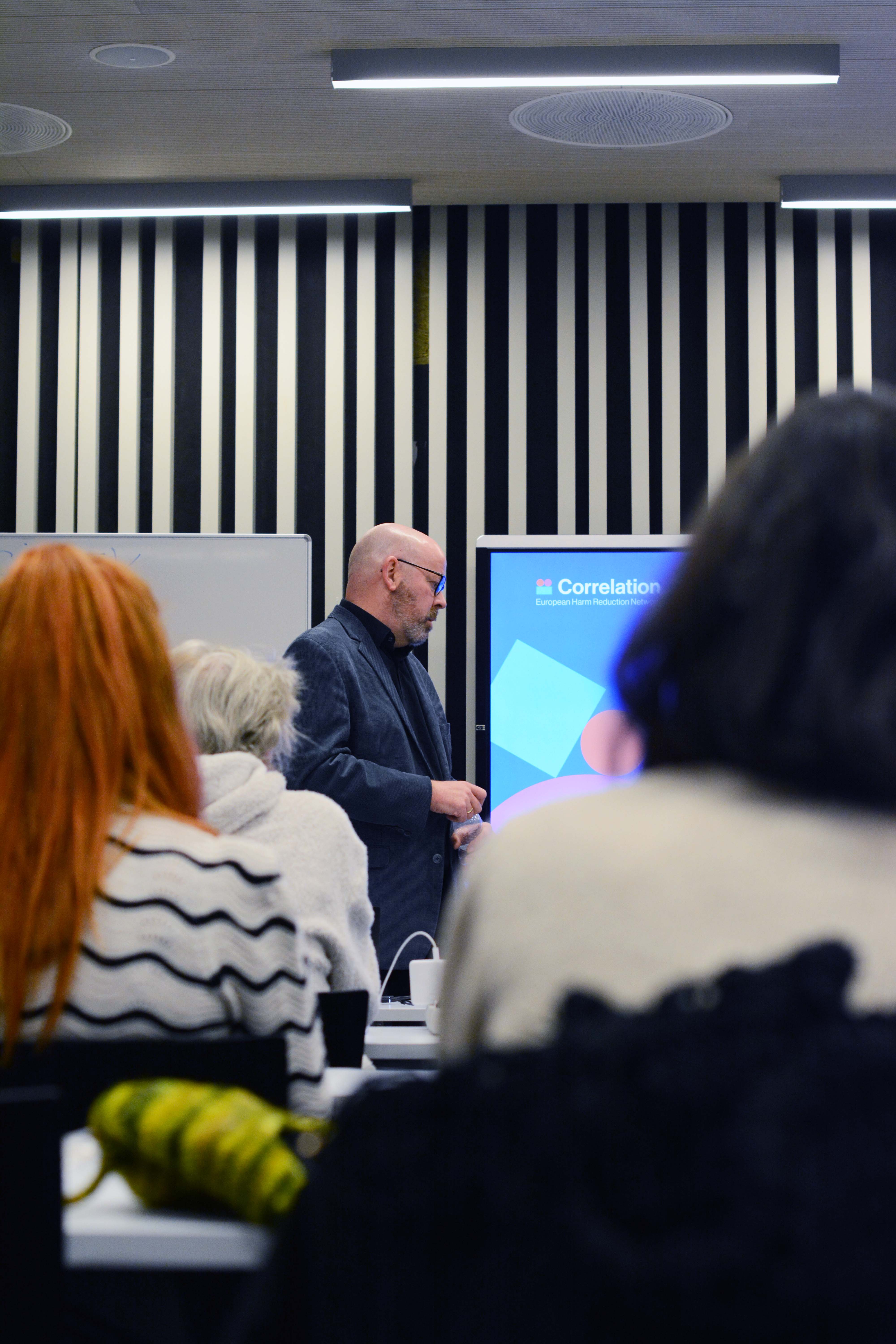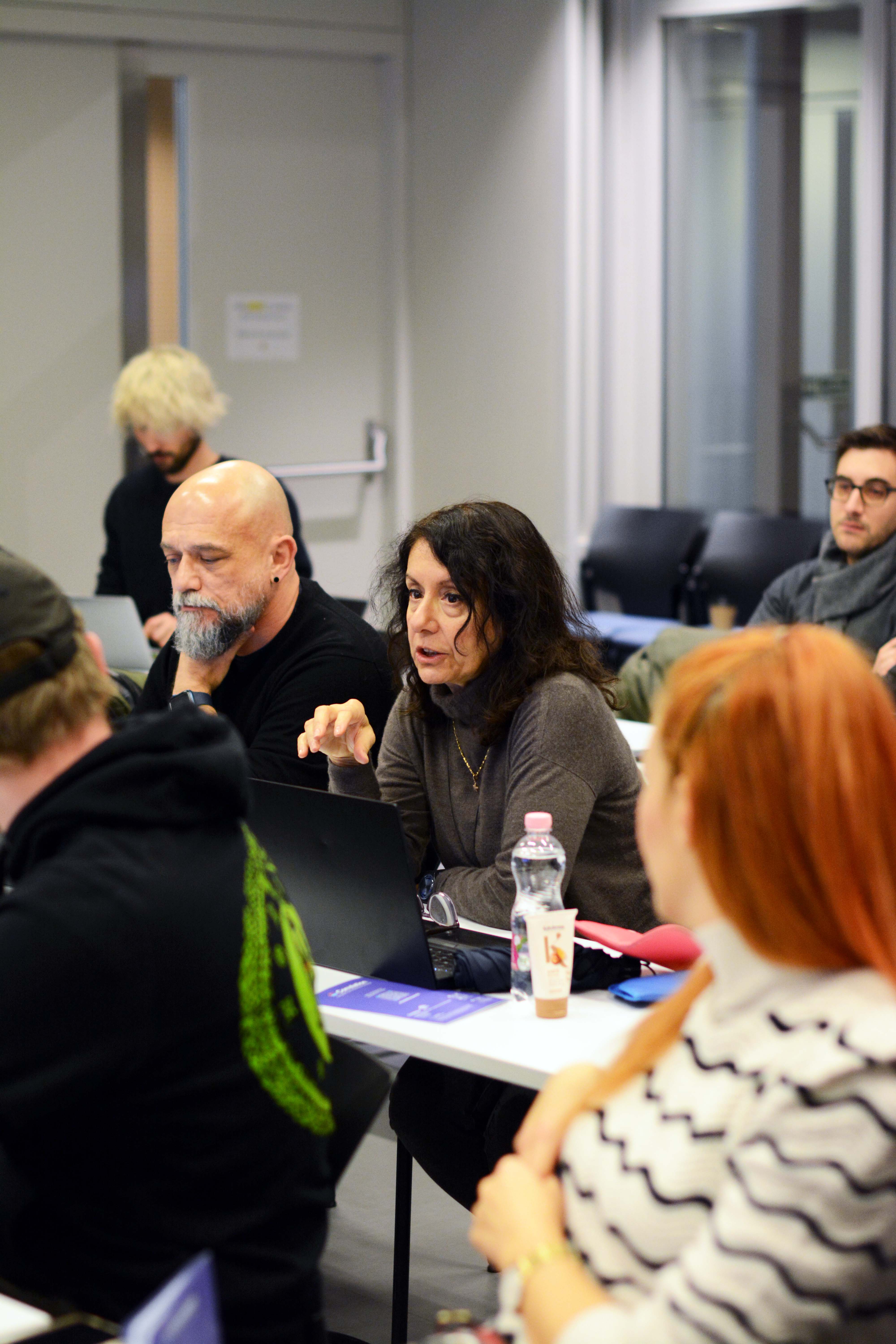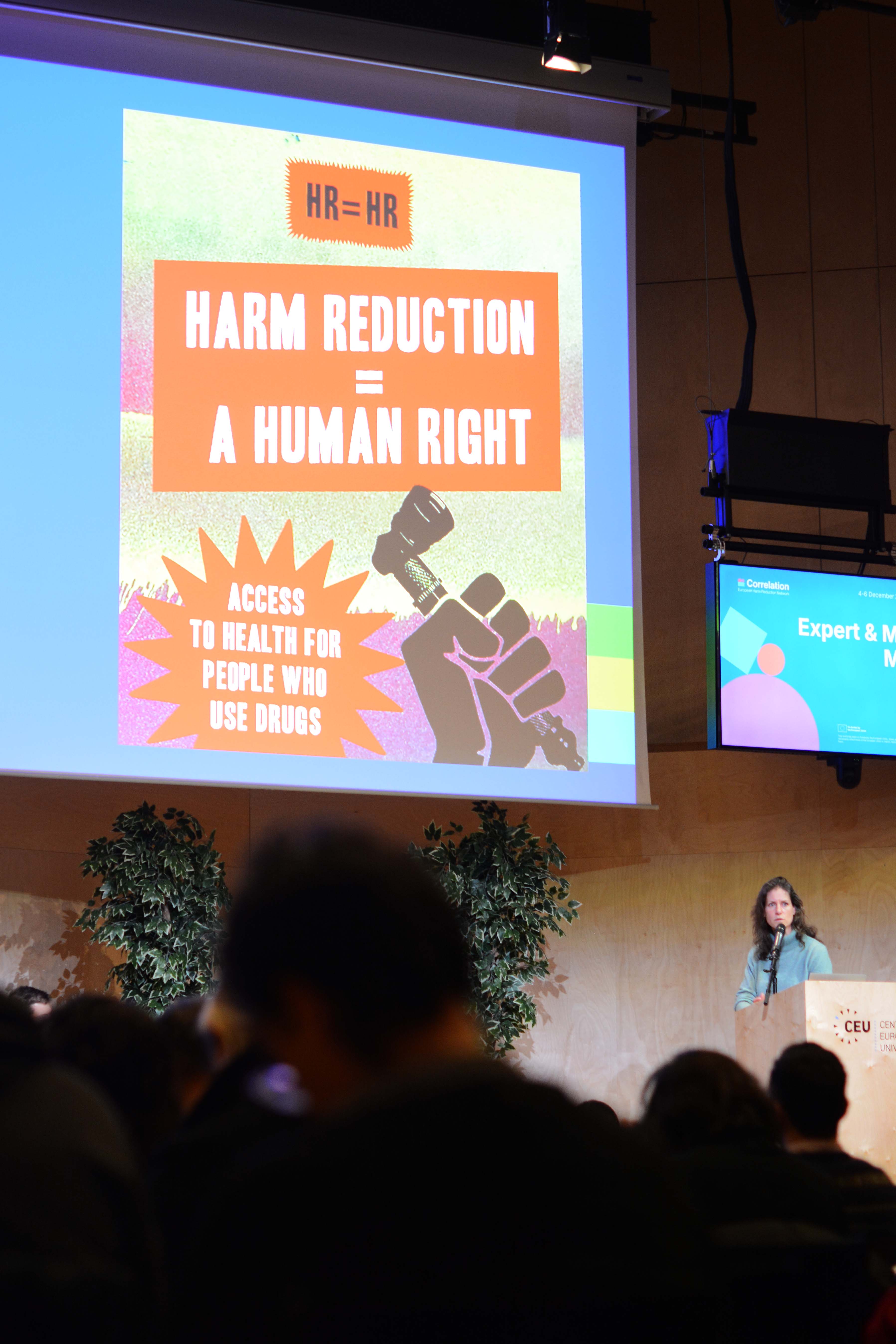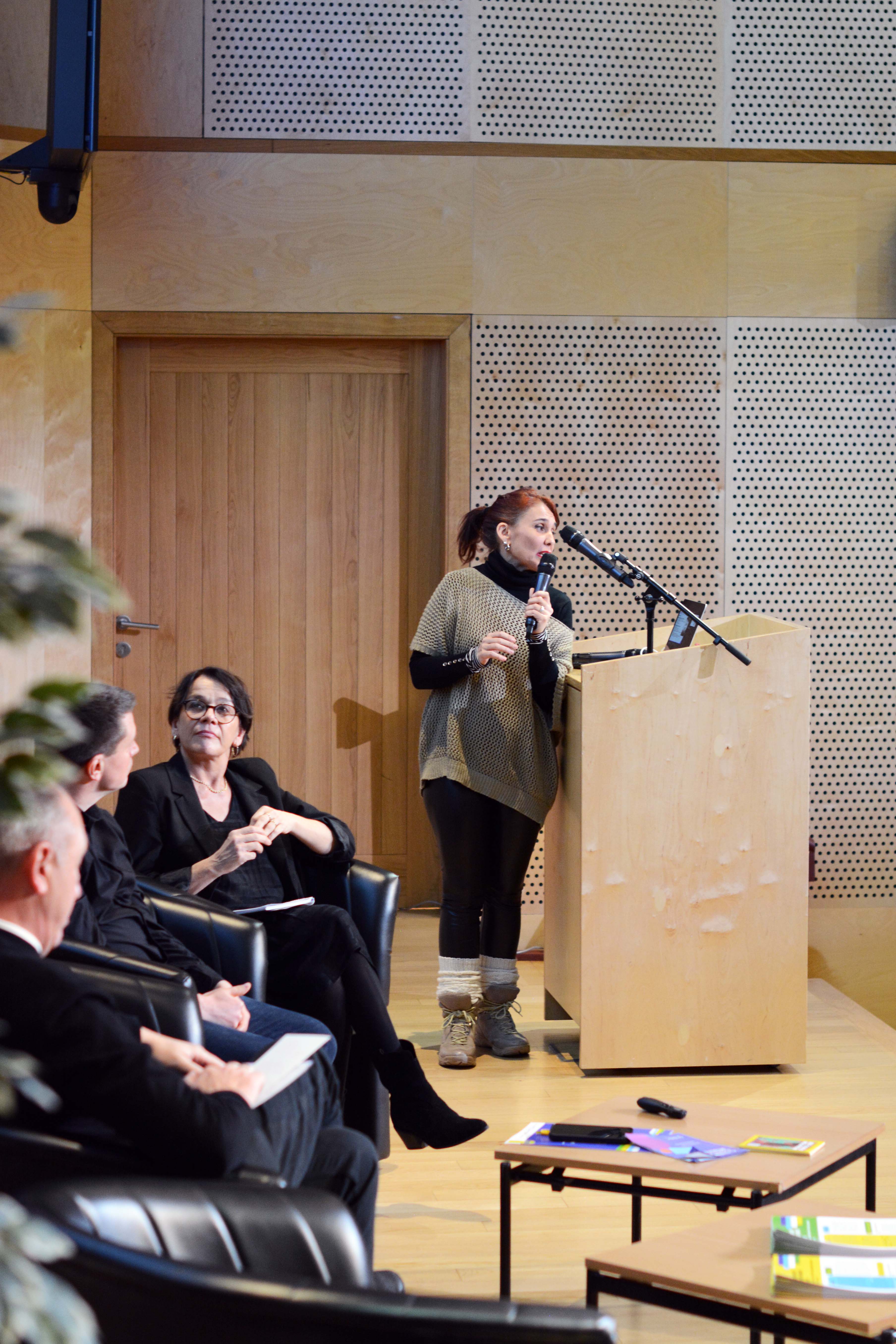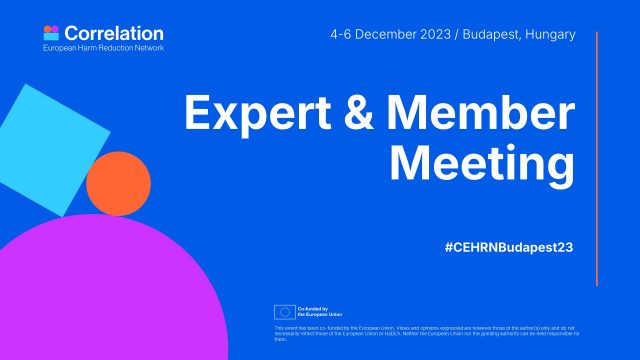Announcement
Application open to organisational and individual members of Correlation – European Harm Reduction Network
In March 2024, C-EHRN will organise Advisory Committee (AC) elections. As per normal practice outlined in the Terms of Reference [ToR], four of the current Advisory Committee members will rotate and five will remain. This means that for this election, we are looking to fill four positions.
The AC should represent the diversity of its network members and be balanced in terms of geographical coverage, skills, expertise and background. Candidates apply for an AC seat in their individual capacity; they must be a C-EHRN member or belong to one of the organisational members of the Network. Supporting members are not eligible to apply for the AC, or vote in the elections.
The deadline for candidate submission is 22 March 2024. This means that all applications and related supporting documents should be submitted until then.
What is the Advisory Committee?
The Advisory Committee (AC) is one of the most important governing bodies of C-EHRN. The major goal of the AC is to facilitate the fulfilment of the Network’s mission by developing and supporting policies, strategies and operational implementations. In a nutshell, the tasks of the AC involve:
1. To initiate the discussion on specific issues, related to activities and/or critical issues.
2. To represent the Network at European, regional and national meetings and conferences, including the interaction with multilateral organisations and political bodies.
3. To advocate and negotiate on behalf of the Network interests in the various working fields on European, regional, national and local level.
4. To develop, implement, monitor and evaluate future plans, priorities, projects and activities of the network in consolation with various stakeholders in Europe.
5. To review and decide upon the planning and execution of annual action plans.
6. To provide technical guidance on the Network priority areas in relation to their specific field of experience.
Who is currently a Member of the Advisory Committee?
After this rotation, Tony Duffin (Chair), Perrine Roux, Daan Van Der Gouwe, Christos Anastasiou and Tuukka Tammi remain as Members of the AC.
Marianella Kloka, Alina Bocai, Péter Sarosi and Róisín Downes will rotate out of the AC. C-EHRN would like to express its gratitude to these Members for all their commitment, contributions, support and passion for the Network in the past years.
Interesting! But… am I eligible to apply?
All organisational and individual C-EHRN Members can stand for elections.
To ensure a balanced and diverse composition amongst our Advisory Committee, in terms of background, geographical coverage, experience and expertise, we strongly encourage proposals from candidates with the following profile:
- Based in the South Eastern European region
-
Experience in media, communication and advocacy
-
Youth and young adults [under 30 years old] working in the field of drug policy and harm reduction
-
Experience in drug-checking, safer nightlife and recreational drug use
-
People of diverse sexual orientation, gender identity and expression and sex characteristics; people living with HIV; or sex workers.
Equally, C-EHRN strongly encourages proposals of candidates across all the spectrums of lived experience of drug use, gender, sexual orientation, sex characteristics, involvement in sex work, homelessness, ethnic origin, age, physical or neural ability, migratory background, religious belief or responsibility for dependants.
Sounds like a good fit! How do I apply?
Applications are open from now until Friday 22 March 2024. To apply, you are required to complete THIS Google form application (click the link) where you must upload the form of consent. If you have any questions or issues regarding the form please contact Stefanie Kolle at administration.co@correlation-
Please read the full Terms of Reference for the AC for more detailed information.
“Whats the timeline?”
The timeline for the elections is as follows:
- Deadline for applications Friday 22nd March 2024
- Publication of the list of AC candidates and launch of the election process: Tuesday 2nd April 2024
- Voting: 2nd-12th April
- Announcement of results Friday 12th April 2024
If you have a question, please drop the C-EHRN office an email at administration.co@correlation-

